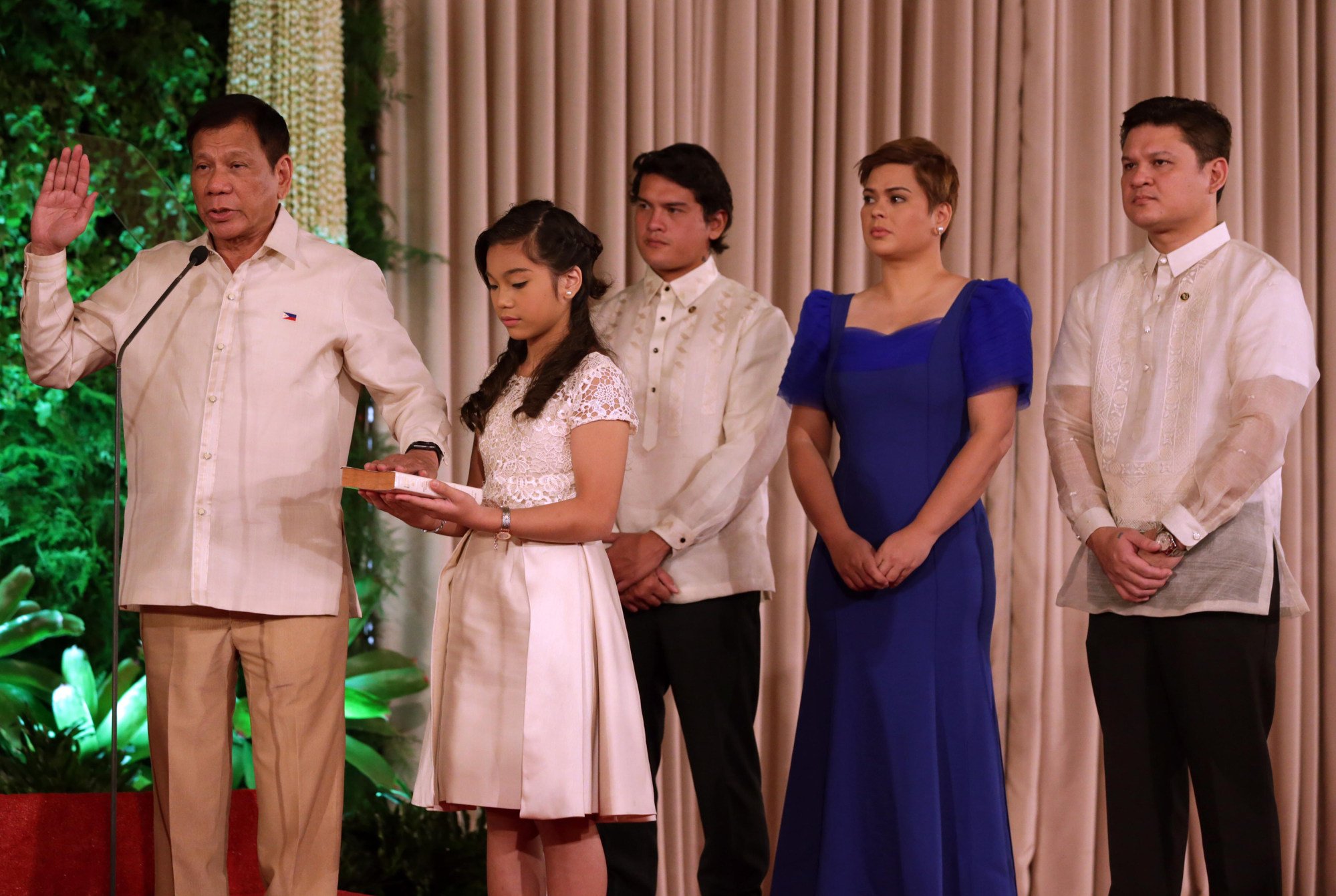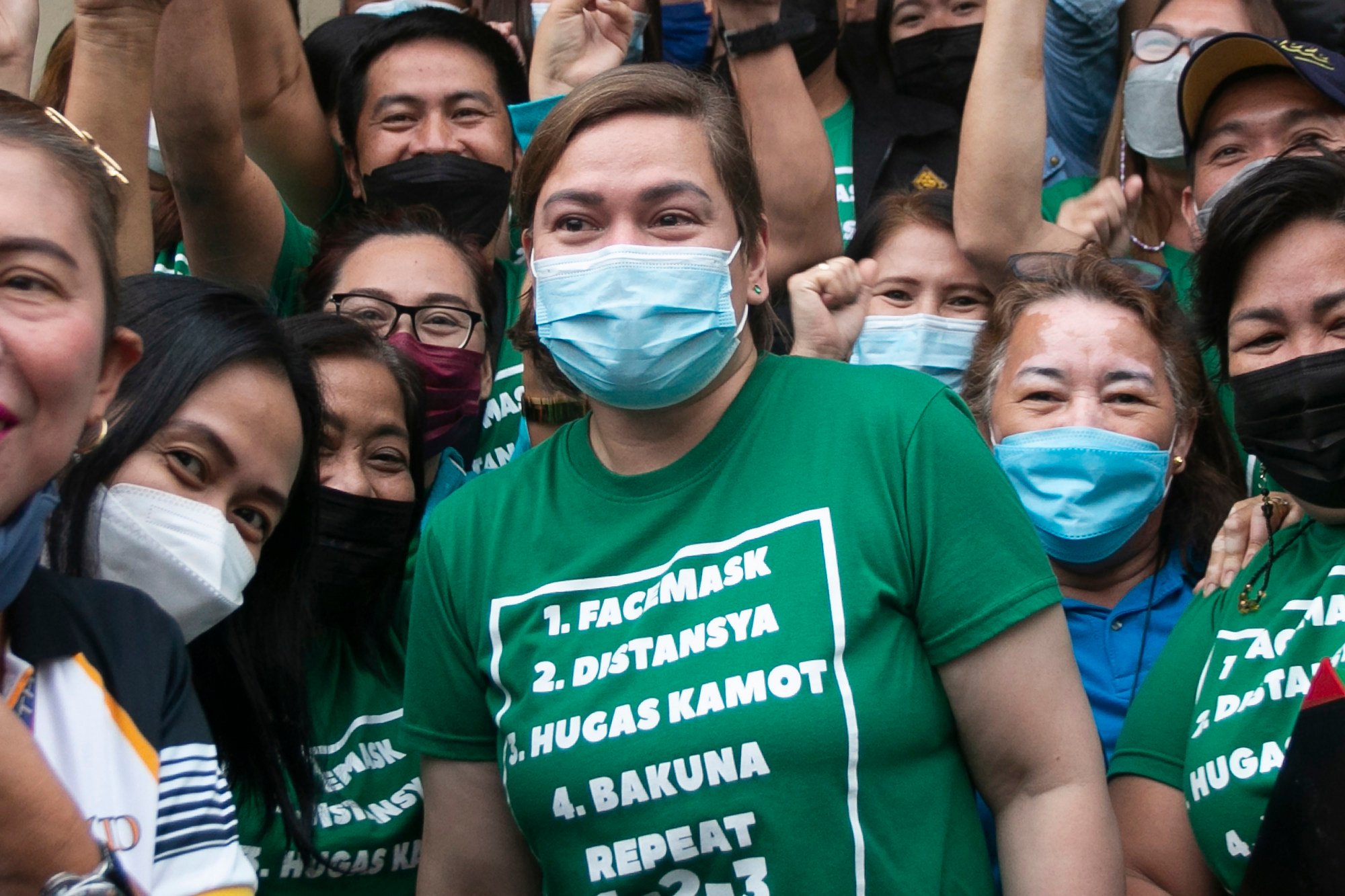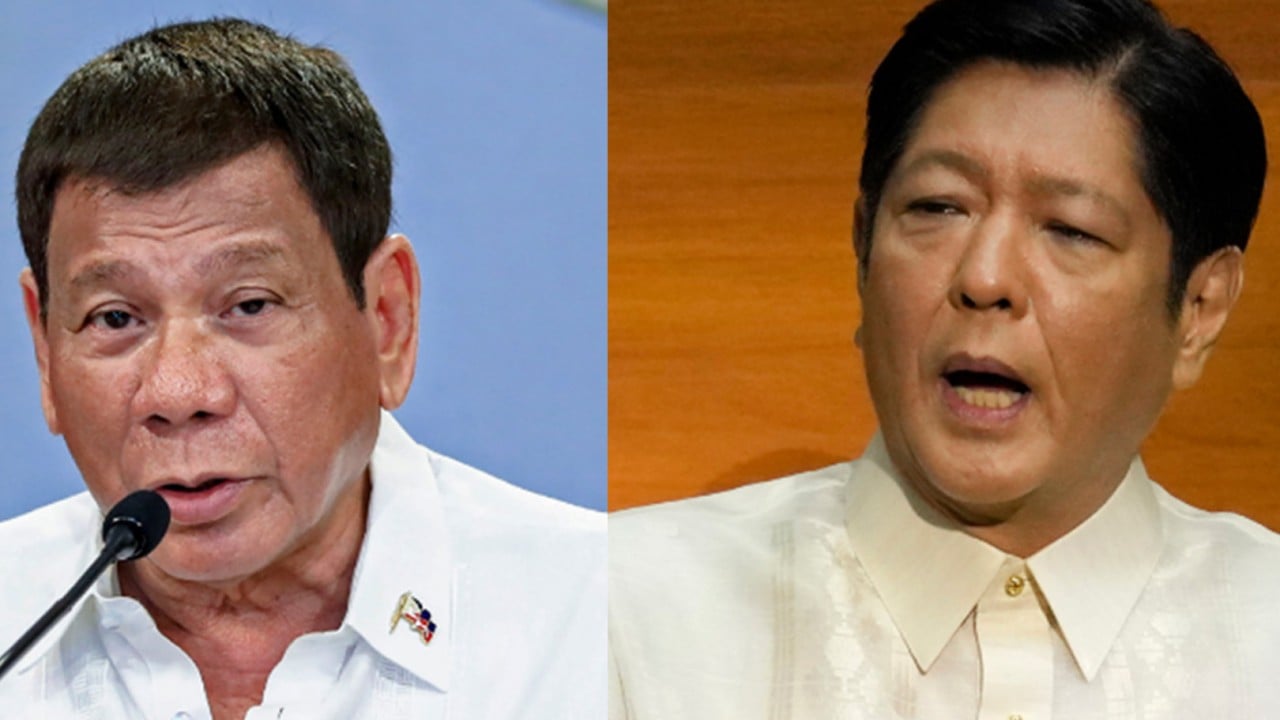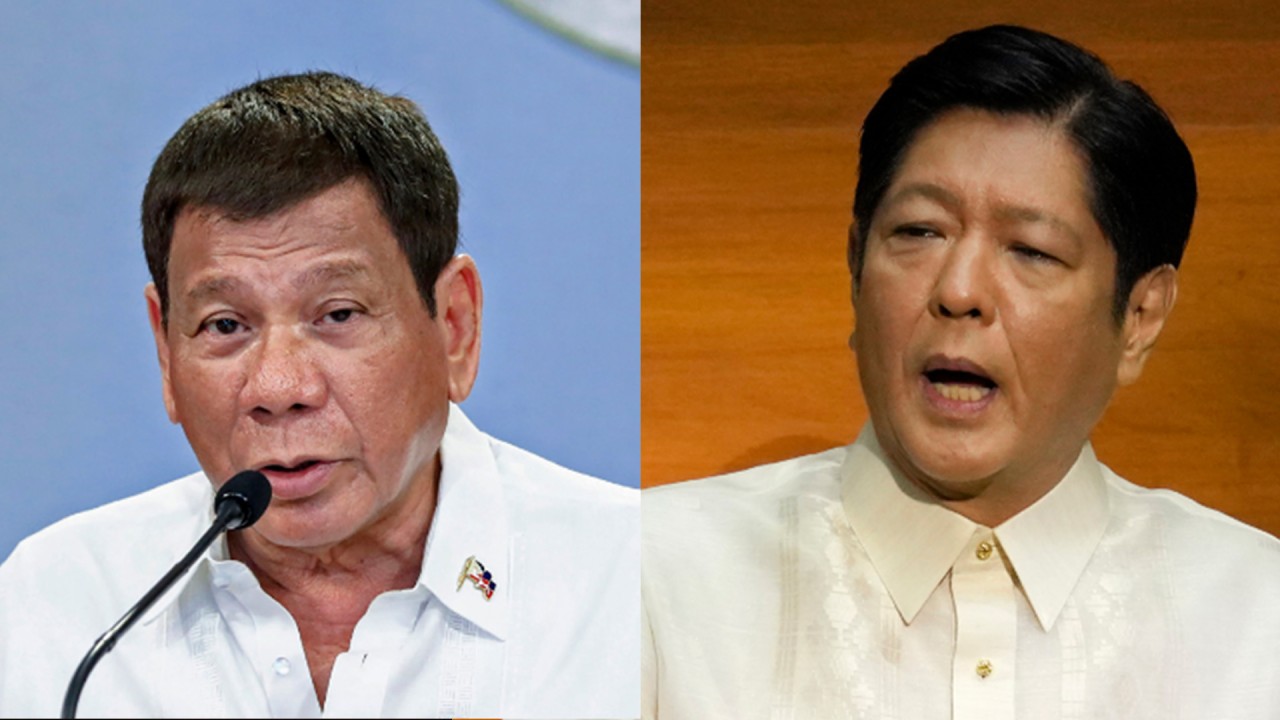Following Philippine Vice-President Sara Duterte-Carpio’s resignation from the cabinet last week, speculation about the future of her politically powerful family has intensified after she confirmed that her father and brothers are eyeing Senate seats in the 2025 midterm elections.
Analysts say the announcement should be treated cautiously since it could be part of a strategy meant to gauge the Duterte clan’s political strength as they prepare to challenge President Ferdinand Marcos Jnr and his family’s dynasty.
Duterte-Carpio confirmed on Tuesday that her father, former president Rodrigo Duterte, and brothers, Congressman Paolo Duterte and Davao City mayor Sebastian Duterte, were “all raring to run”.
“Three Dutertes will be running next year. That’s confirmed,” she said during an event in the Office of the Vice-President, while also hinting at her own possible return to the mayorship of Davao City, her family’s hometown and bailiwick.

However, political analysts note that such declarations are typical of the Dutertes, who have previously announced candidacies for certain posts without following through.
Duterte announced a Senate bid for the 2022 election, months before his presidential term ended, but reportedly withdrew his candidacy in December 2021.
Similarly, while he was mayor of Davao City, Duterte for months denied reports he was contesting the 2016 presidential election, until his long-time aide Bong Go filed a certificate of candidacy on his behalf in October 2015.
Duterte-Carpio’s announcement that her father and brothers are seeking Senate seats should “neither be dismissed nor taken seriously”, according to Gary Ador Dionisio, dean of the De La Salle – College of Saint Benilde’s School of Diplomacy and Governance.
“Knowing the family’s history, what is consistent with them is their inconsistency in terms of policy statements,” Dionisio said.
Athena Charanne Presto, a sociologist from the University of the Philippines, said the announcement was a media stunt “to communicate that they’re still here and want greater political power”.
“I think sooner or later the Dutertes will come up with any form of follow-up announcement that will communicate they will not leave their political base of Davao. [It is crucial] to point out here that while the Dutertes have occupied national-level positions in the past, they have ensured to maintain their hold over Davao,” Presto said.
Dionisio said Duterte-Carpio’s statement was a way of helping the Duterte camp test the waters of their political strength and save the family legacy after her resignation drove a nail into the coffin of her political alliance with Marcos Jnr.
Battle lines between the former allies were made even starker after former Duterte spokesman Harry Roque wrote on Facebook on June 19 that the “Uniteam has formally been dissolved and she has just become the leader of the opposition”, in reference to the moniker given to Duterte-Carpio and Marcos Jnr’s alliance when they ran together in the 2022 election.
Meanwhile, Duterte-Carpio downplayed rumours of her taking on an opposition role, insisting that she and Marcos Jnr continued to maintain good ties.
“At this juncture, they are now mustering all their political supporters, especially with the coming elections next year. They need to secure more allies in the Senate to ensure that they will be shielded from the possible blitzkrieg from the real unity team of Marcos and Romualdez,” Dionisio said, referring to House Speaker Martin Romualdez, a cousin and ally of Marcos Jnr.
“If in the next few months, the Dutertes failed to increase their political base, they have no choice but to calibrate this announcement,” Dionisio said.
Observers have noted that the Duterte faction is likely to spend the next several months before election season begins in January next year consolidating its political alliances, relying on the family’s strong populist appeal.

A March survey by polling firm WRNumero revealed that Duterte ranked second among the most-preferred senatorial candidates, with a rating of 43 per cent.
Meanwhile, Duterte-Carpio remained popular among the public, leading top government officials’ approval ratings at 67 per cent in Pulse Asia’s April poll.
However, Dionisio said recent controversies linked to Duterte and his administration, such as the crackdown on Philippine Offshore Gaming Operators, his case with the International Criminal Court, and his close relations with controversial pastor Apollo Quiboloy, may affect his popularity in the coming months.
“The Duterte family has portrayed themselves as humble, ordinary people, not part of the traditional elite, and that their main motivation for running for office is to serve the public. But their performed image as non-political, service-oriented public officials will be hard to maintain, given their obvious and aggressive political manoeuvres,” Presto said.



